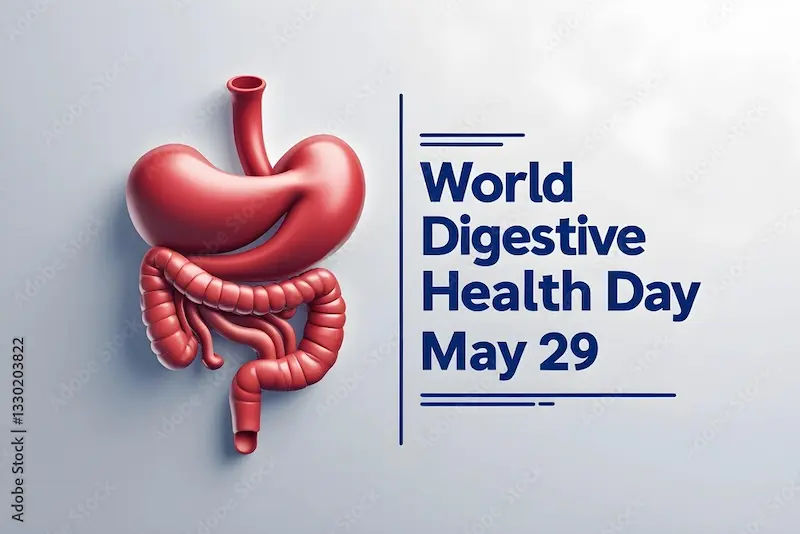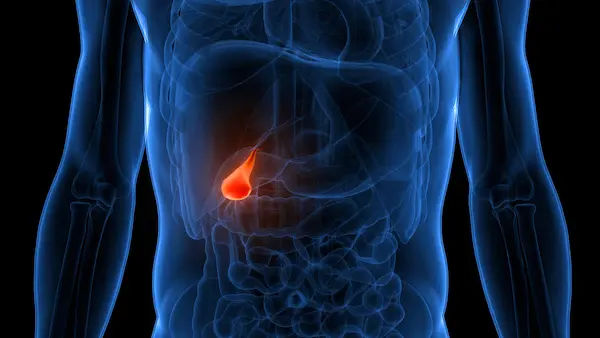- male
- 40 Years
- 07/02/2025
I recently had an LFT done and I'm a bit concerned about the results. My AST (SGOT) is at 174 UL, my ALT (SGPT) at 296 UL, and GGTP at 46 UL, although all other LFT results are normal. Can you help me understand what might be causing these elevated levels and suggest what kind of treatment I should consider? Also, would a general physician be enough for this, or should I see a liver specialist?
Answered by 1 Apollo Doctors
consult Nephrologist
Dr. Ranjith Suggests...
Consult a Gastroenterology/gi Medicine Specialist
Answered 04/07/2025
0
0

More Gastroenterology/GI medicine Health Queries
View allI've been dealing with Irritable Bowel Syndrome (IBS) and I'm feeling pretty confused about how to find the right treatment. Is IBS something that can actually be treated or am I likely to struggle with this long-term? I'm open to trying out different treatments, whether it's allopathic, homeopathic, or Ayurveda, but I just don't know where to start. Any advice on what might be the best route to take?
Visit Gastroenterologist for evaluation and appropriate management as there are different types in IBS.
Answered by 1 Apollo Doctors
I recently went for a routine health check-up and everything seemed fine, but I'm a bit worried about my ALANINE AMINOTRANSFERASE or ALTSGPT levels. The result came back as 131, whereas I read the normal range is supposed to be between 21 and 72. My SGOT level was 52. I've heard that these tests are connected to liver health. Should I be concerned about these results? What are some effective ways to lower my ALTSGPT levels? The test was done using UV with P5P.
if you have jaundice and liver fibrosis then you have to worry otherwise high sgpt and sgot can be reversed
Answered by 1 Apollo Doctors
Why does poop keep coming out after I wipe?
Common causes of fecal incontinence include diarrhea, constipation, and muscle or nerve damage. The muscle or nerve damage may be associated with aging or with giving birth.
Answered by 1 Apollo Doctors
Disclaimer: Answers on Apollo 247 are not intended to replace your doctor advice. Always seek help of a professional doctor in case of an medical emergency or ailment.




